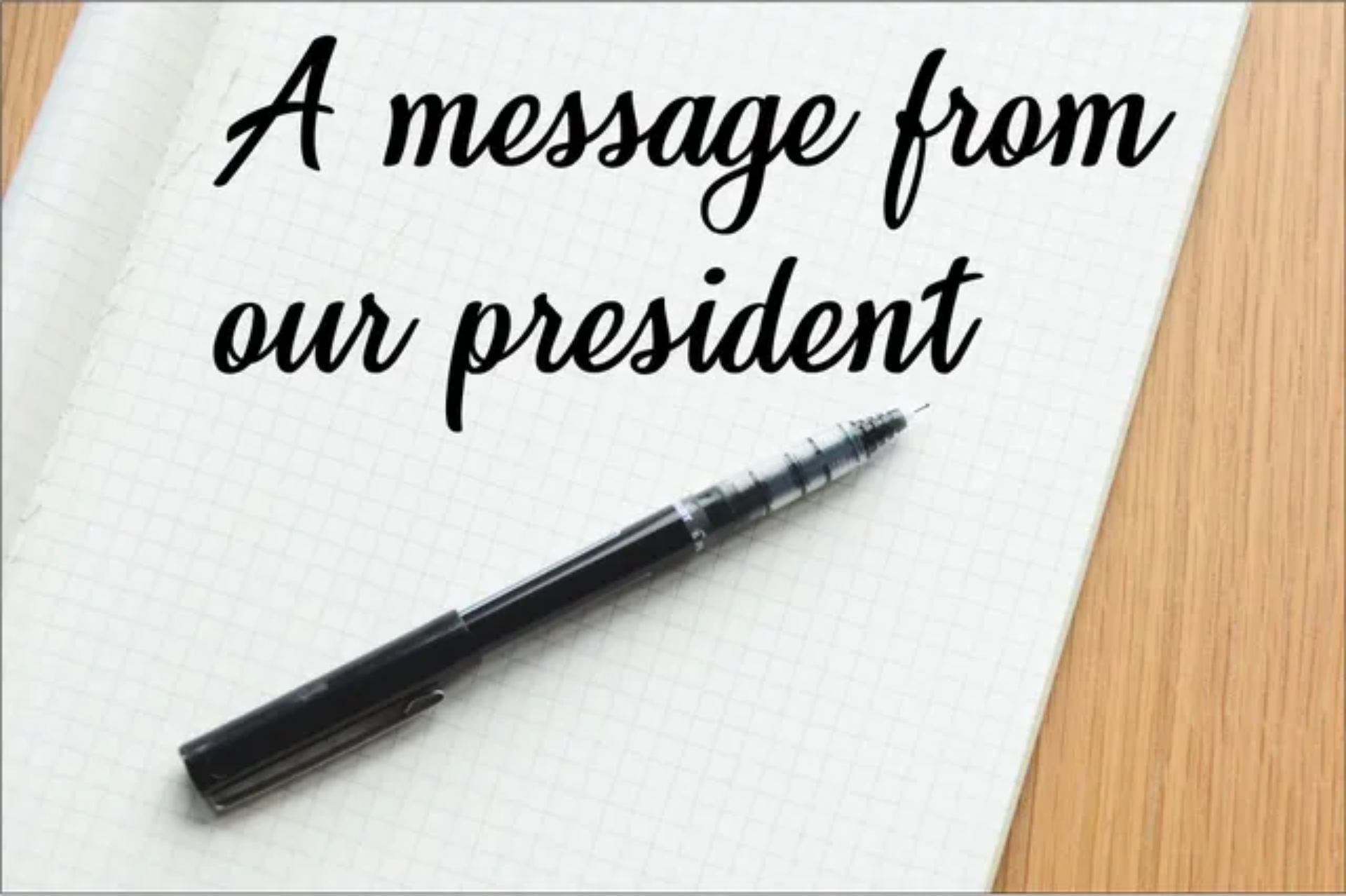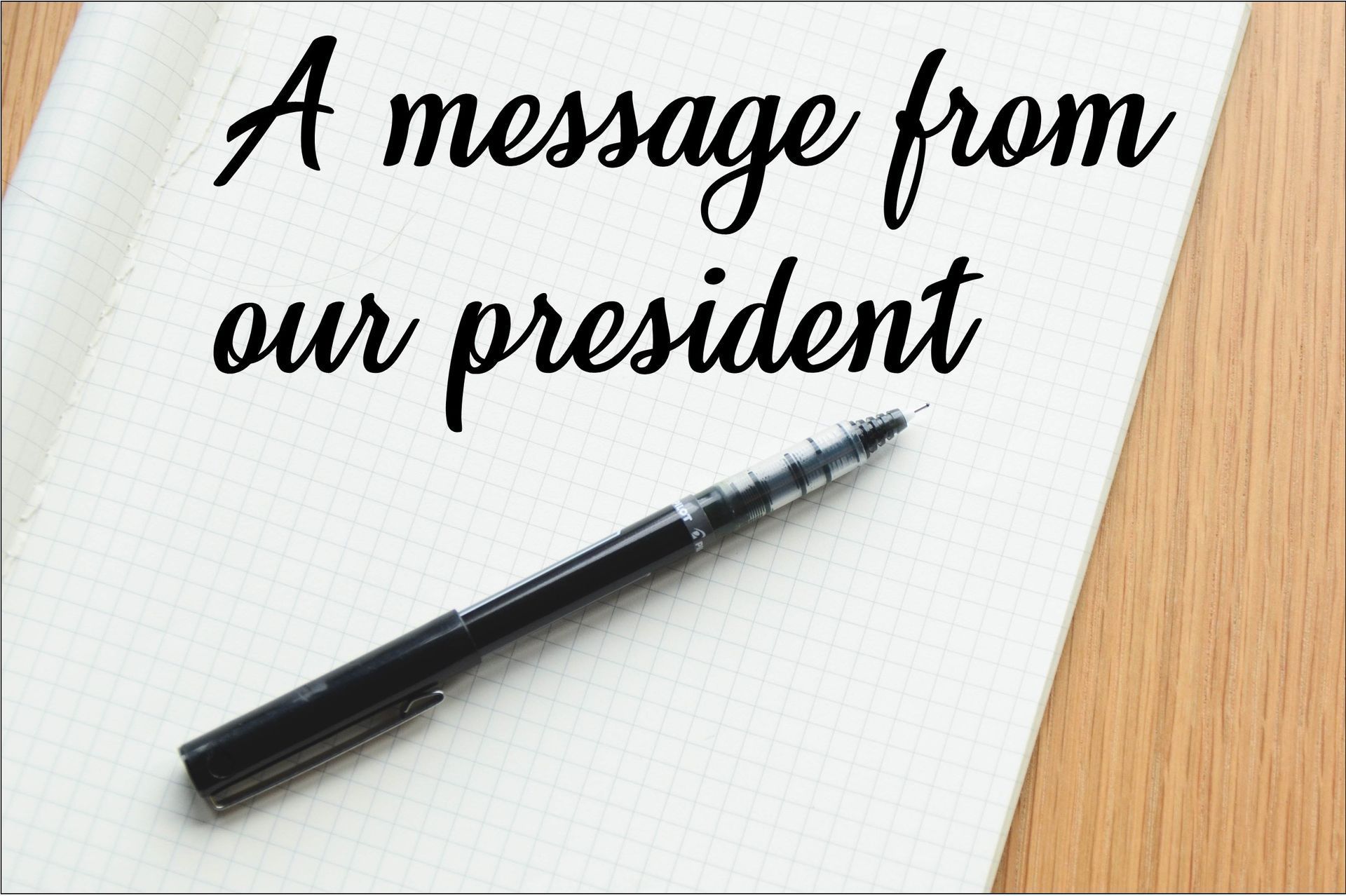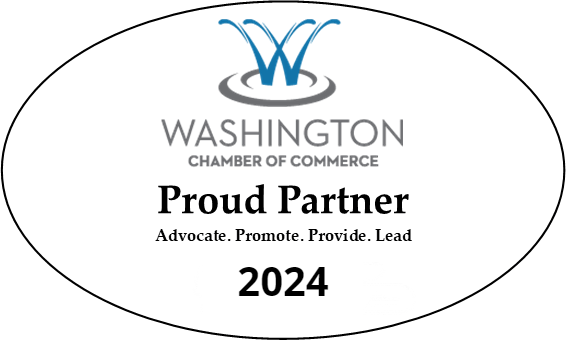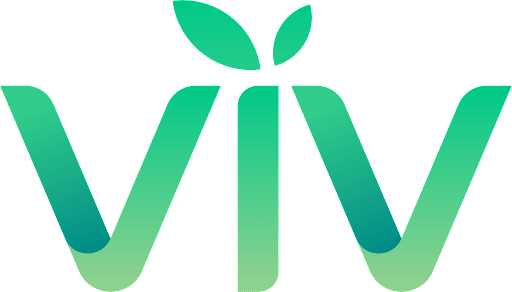Happy New Year
As I was taking some time to reflect upon all that has happened in my life and the world around me during 2024, I thought of these words from Scripture found in Isaiah 9:6 – “For a child is born to us, a son is given to us. The government will rest on his shoulders. And he will be called: Wonderful Counselor, Mighty God, Everlasting Father, Prince of Peace.”
My wife and I welcomed three new grandchildren into our lives during 2024, two of our sons are now parents and “wow!” what a ride this has been so far! I always thought that I was protective of my own children, and yet, I find myself even more concerned for the well-being of my grandchildren – looking around our current world, I’m guessing you are experiencing some of the same feelings as we turn the page on 2025.
One of the biggest things I have found true is the cost of everything from diapers to formula to toys and books has gone up quite a bit over the last number of years; frankly, I was shocked at the cost of a package of diapers! I have always tried to keep a close eye on my personal finances and watch those pennies to avoid over-spending, but once again, it isn’t just about my own spending, it’s also about keeping a close eye on who else might be trying to “spend” my money.
Nope, not talking about my wife or others in my home – I’m talking about those fraudsters that are hard at work trying to pad their own financial picture at my expense. As we step into this new year with hope and excitement, it’s also a great time to protect what matters most — our personal information. Identity theft is a growing concern, but by staying vigilant and informed, we can safeguard ourselves.
Here are a few simple tips to help prevent identity theft in 2025:
- Monitor Your Accounts: Regularly check your bank and credit card statements for any suspicious activity. Very important to check the statement if you are needing to prove fraud.
- Use Strong Passwords: Create unique and strong passwords for each of your online accounts. Passphrases are also helpful and easy to remember – ie. “Fall is my favorite time of year” – the more characters that you can use, the better.
- Shred Personal Documents: Shred any sensitive papers before discarding them to avoid dumpster divers. Washington State Bank will be hosting another shred day this spring for your larger projects.
- Enable Two-Factor Authentication: Secure your accounts with an extra layer of protection. This is most commonly established by a text message to your phone or adding an authenticator from Google, Microsoft, etc – that produce a login code for you.
- Stay Wary of Phishing Scams: Always verify sources before sharing personal or financial information online. When your bank sends you a code and it has the following message: WE WILL NEVER ASK FOR THIS CODE, please take that seriously – no one from a financial institution needs to have access to your online banking.
To revisit my opening paragraph. Isaiah was writing about the coming Messiah – the child will establish a new, eternal government – He shall be called Wonderful Counselor, Everlasting Father, and Prince of Peace. Remember that He called us to be wise as serpents and gentle as doves – Part of wisdom is protecting yourself and your home from these various “serpents” looking to steal what you are working for in this life. Protect yourself and reap the benefits of peace in your homes. Don’t be a victim of identity theft in the new year or any year for that matter!
Let’s start 2025 with a plan to stay vigilant in our finances and prosperous in our lives! I look forward to sharing more of this new grandparent journey with you over the next year – and more ideas on making the financial parts of your lives work to your benefit! May God bless each of you as we begin the New Year of 2025!
Michael Herzog
President
